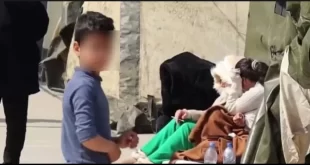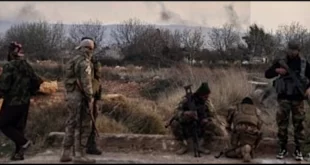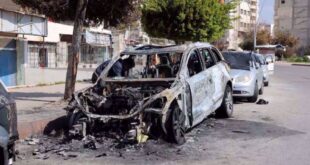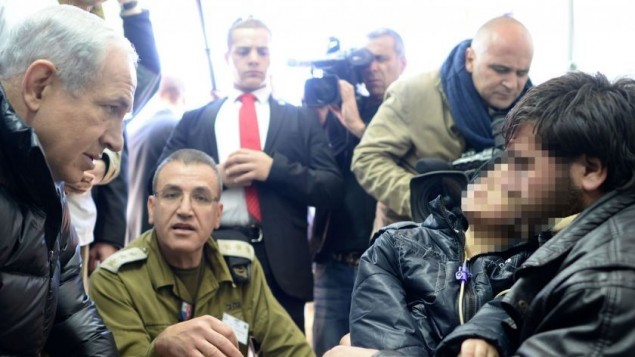
Read more: Syrian rebel leader thanks PM for standing by wounded | The Times of Israel
Feb 22, 2014, Times of Israel
A Syrian opposition leader praised Prime Minister Benjamin Netanyahu late Friday for publicly voicing support for rebels wounded in the drawn-out struggle against Syrian President Bashar Assad, now entering its fourth year after talks in Geneva between the Assad regime and the opposition collapsed.
Speaking from Istanbul, Badie thanked those working to assist the Syrian people in their struggle.
He added that Netanyahu’s pubic presence near the Syrian wounded was an “important message.”
On Tuesday, Netanyahu spoke at an IDF base where injured Syrians are receiving medical care. He said Israel’s humanitarian efforts to help the Syrian wounded highlighted the difference between Jerusalem and Tehran, which backed Assad.
As nuclear talks commenced in Vienna, Netanyahu said, “On the day on which world powers begin negotiations with Iran, it is important that the world sees footage of this place, a place that separates the good in the world from the bad.”
He said the “good” was embodied by Israel’s endeavors to save the lives of Syrians hurt in the ongoing conflict, which he termed a “daily massacre,” while Iran continued to support Assad’s violent ways.
In Early February, Channel 2 News aired footage of a secret Israeli field hospital in the Golan Heights that has treated over 700 Syrians since the war began.
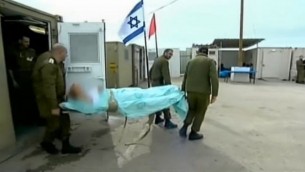
The army hospital, staffed by soldiers in uniform, includes an emergency room, an intensive care unit, an operating room, a mobile laboratory, a pharmacy and an x-ray facility. It treats Syrian patients who cross the border regardless of creed, ethnicity – or with which faction their loyalties lie.
The once-sporadic treatment of Syrian nationals in Israel has, by now, become routine, the report made clear: The wounded cross the border and IDF medical teams deployed in the Golan Heights give them preliminary treatment. Those who are well enough are sent back across the border, and those who require further treatment are evacuated to the military hospital, a field commander at the facility told Channel 2. In this way, the hospital treats about a hundred Syrians per month.
 Syria Support Movement solidarity with the Syrian people
Syria Support Movement solidarity with the Syrian people

